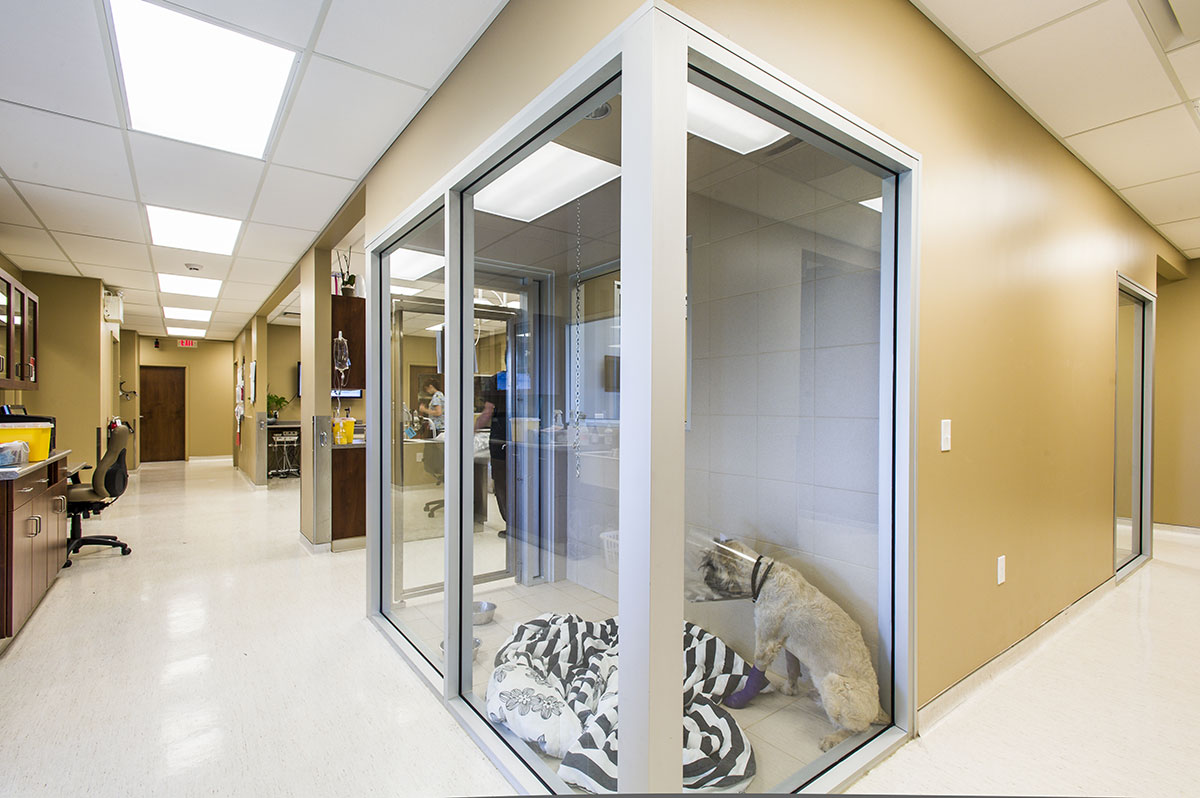Why are regular veterinary visits important?

https://www.inheartanimalhospital.com/ are crucial for maintaining the health and well-being of pets. These visits, also known as wellness or preventive care appointments, involve routine check-ups, vaccinations, and screenings. Listed below are several reasons why regular veterinary visits are important:
Early Disease Detection:
Regular veterinary visits allow veterinarians to detect and address potential medical issues in early stages. Early intervention is often far better in treating and managing diseases, preventing them from progressing to much more serious conditions.
Vaccinations and Preventive Care:
Vaccinations are a critical element of preventive care. Regular veterinary visits make sure that pets receive necessary vaccinations to protect them from various diseases, adding to their general health and longevity.
Dental Care:
Dental health is essential for pets, and regular veterinary check-ups include dental examinations and cleanings. Good oral hygiene prevents dental issues and supports general health.
Nutritional Guidance:
Veterinarians provide help with proper nutrition based on a pet's age, breed, and health condition. A well-balanced diet is essential for maintaining optimal health and preventing obesity-related issues.
Parasite Prevention:
Regular veterinary visits involve preventive measures against parasites such as for example fleas, ticks, and worms. Parasite control is crucial for the sake of both pets and their owners, as some parasites can be zoonotic (transmitted to humans).
Behavioral Assessments:
Veterinarians can assess and address behavioral issues during regular visits. Early intervention for behavioral problems can improve the quality of life for both pets and their owners.
Senior Pet Care:
As pets age, their healthcare needs change. Regular veterinary visits become a lot more important for senior pets to monitor and manage age-related conditions such as arthritis, dental issues, and organ function.
Weight Management:
Obesity is a common ailment in pets and can lead to various health problems. Regular veterinary visits include weight assessments and recommendations for maintaining a healthy weight.
Bloodwork and Diagnostics:
Routine blood tests and diagnostics during regular veterinary visits help detect underlying medical issues which could not be apparent through physical examinations alone. These tests are particularly very important to aging pets.
Customized Preventive Care Plans:
Veterinarians can make personalized preventive care plans based on a pet's individual needs. These plans can include vaccinations, parasite control, and tips for diet and exercise.
Client Education:
Regular veterinary visits provide an opportunity for pet owners to get education on various areas of pet care, including nutrition, exercise, and preventive health measures. Informed owners can better meet their pets' needs.

Creating a Relationship with the Veterinarian:
Establishing a relationship with a veterinarian through regular visits fosters trust and open communication. This relationship is valuable in addressing concerns, discussing changes in behavior, and making informed decisions about a pet's healthcare.
In summary, regular veterinary visits are crucial for maintaining the entire health insurance and happiness of pets. These visits donate to early disease detection, preventive care, and the development of tailored healthcare plans that promote a pet's well-being throughout their life.
